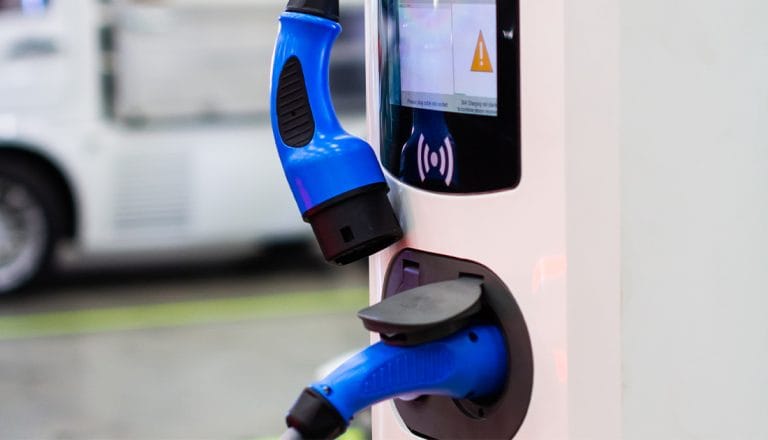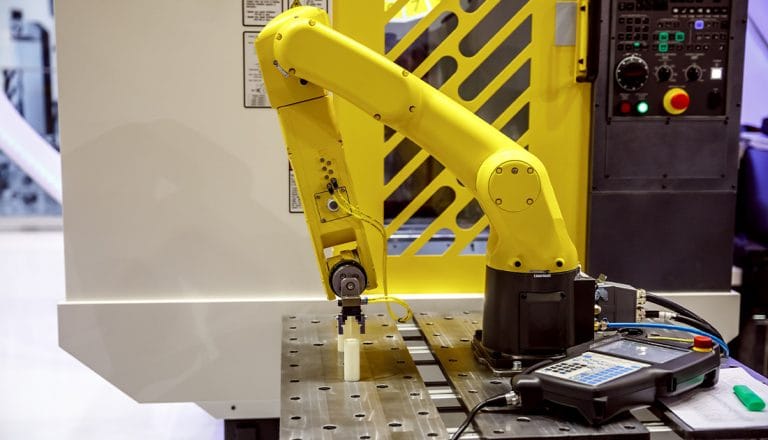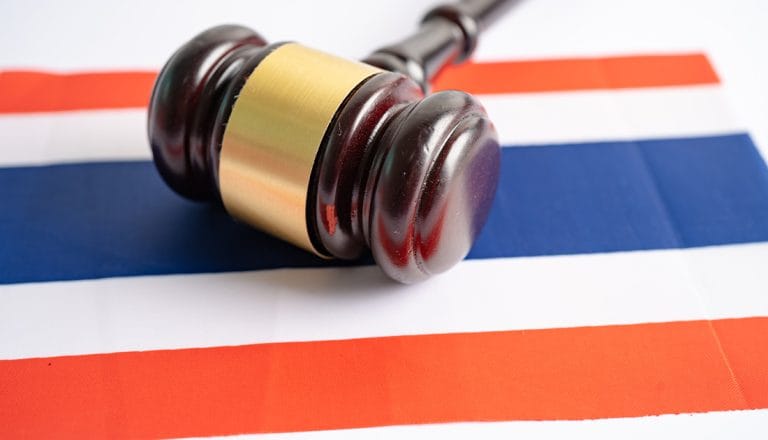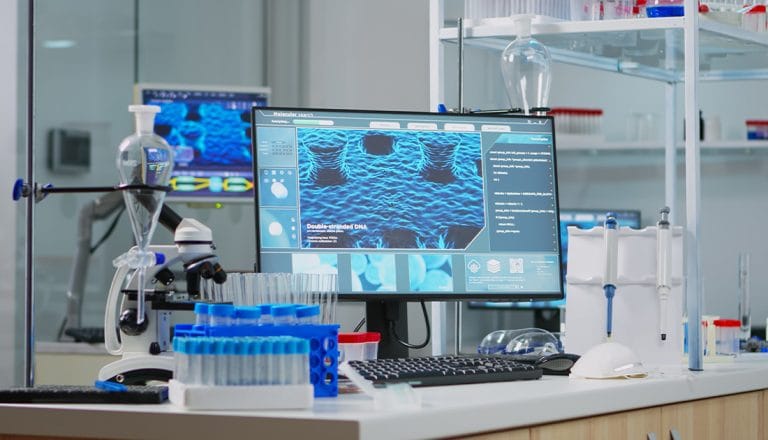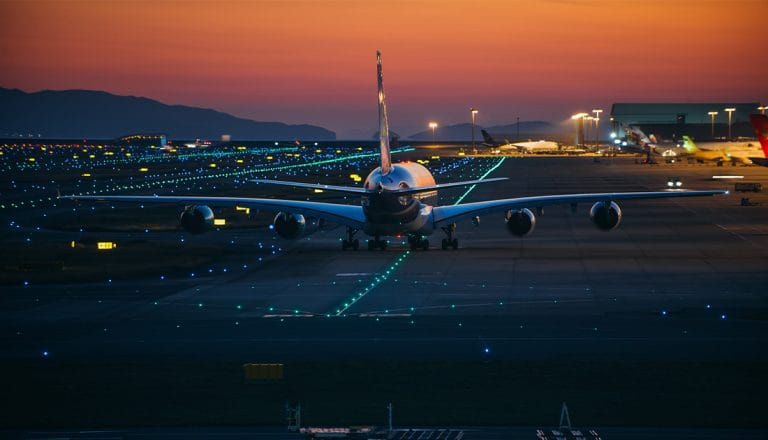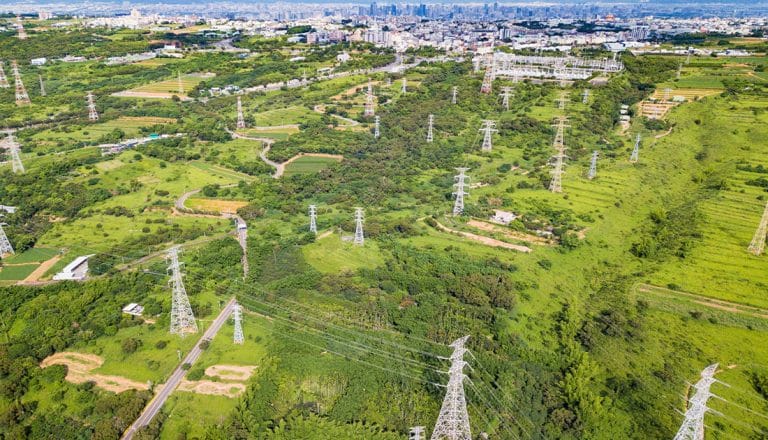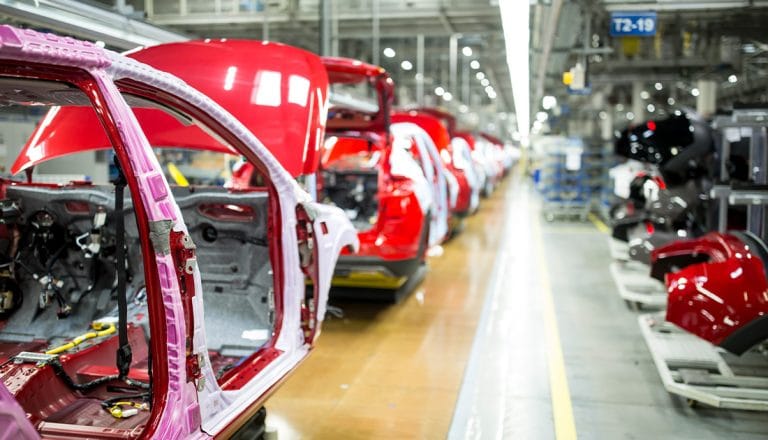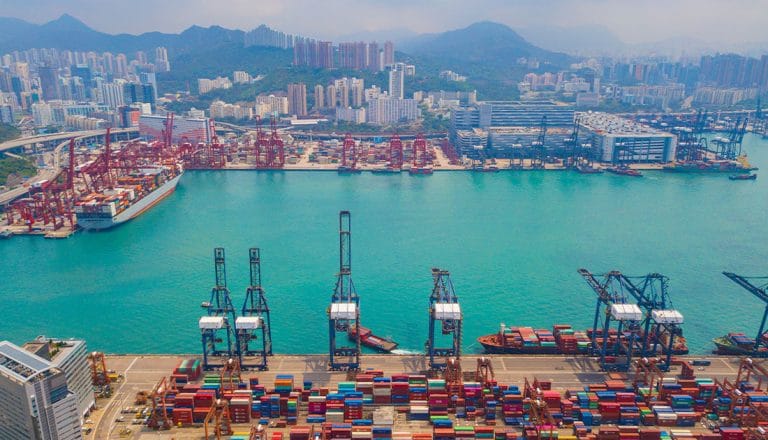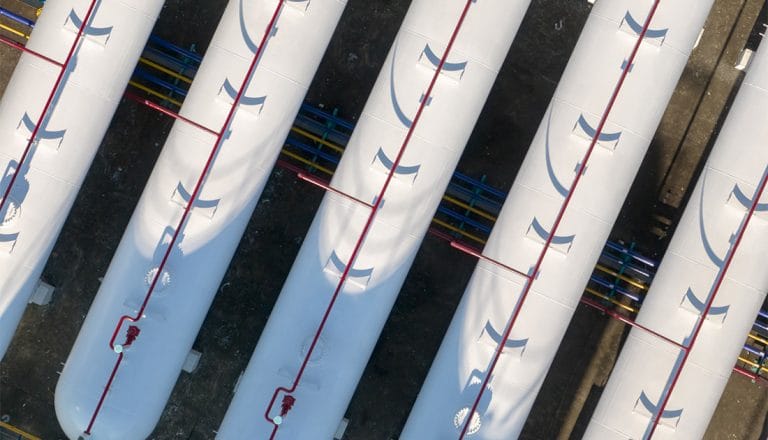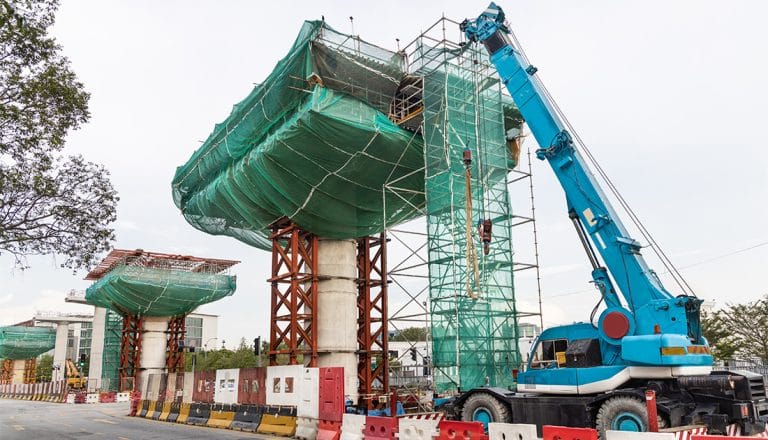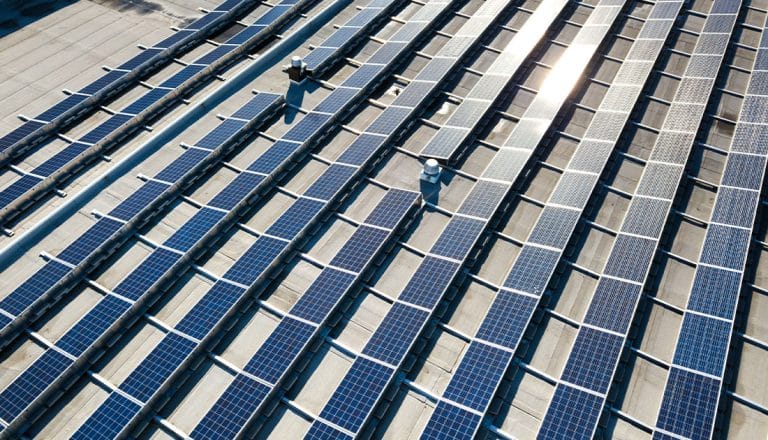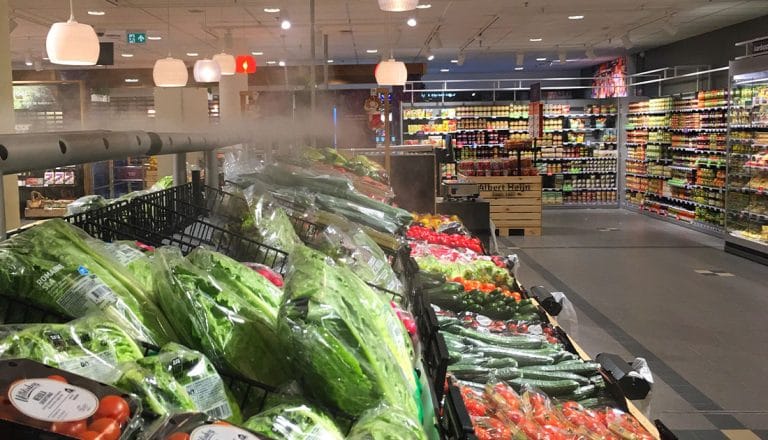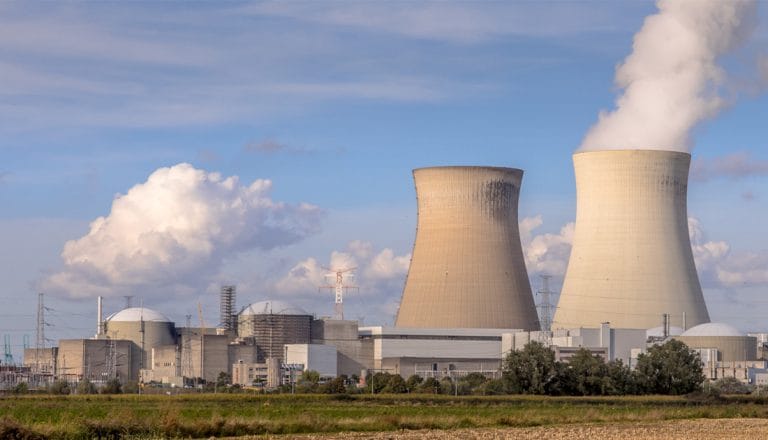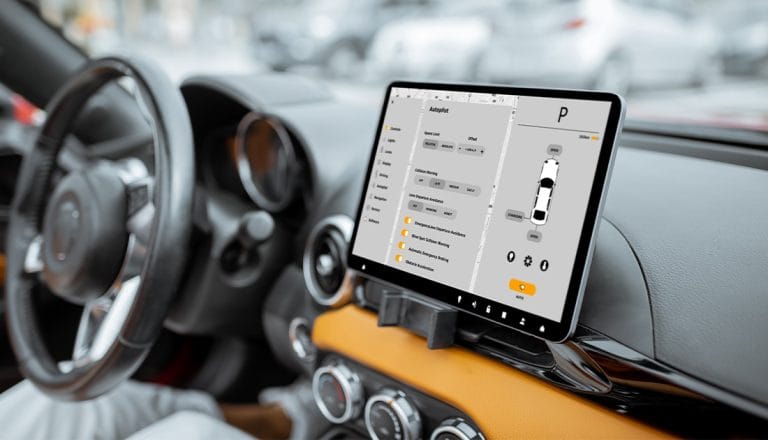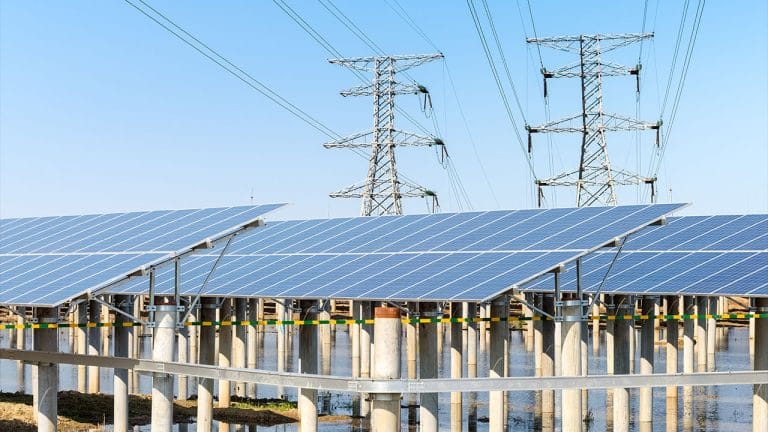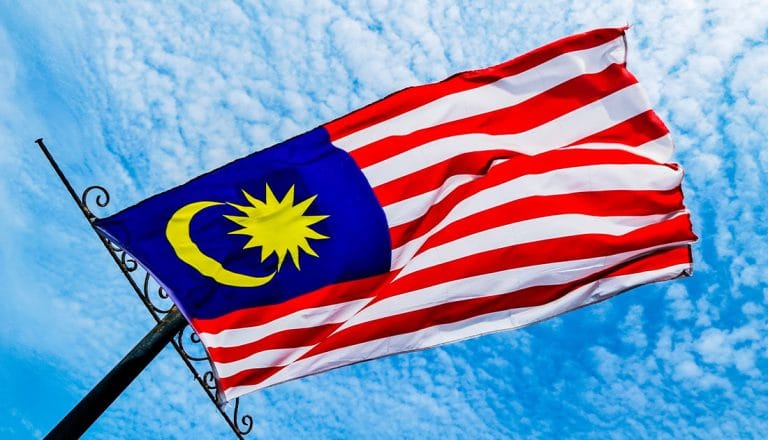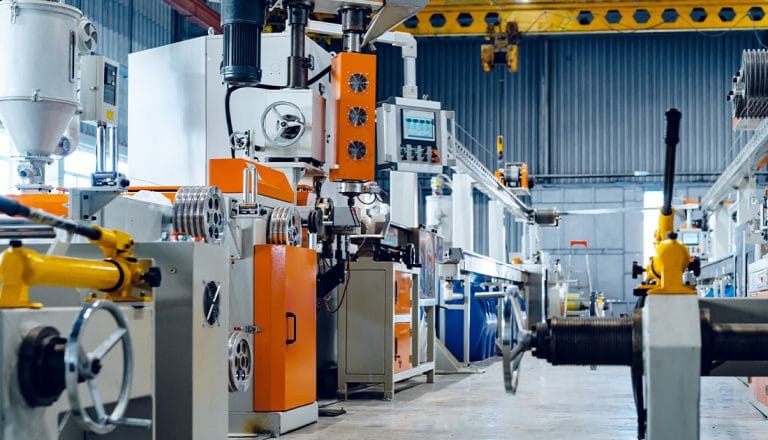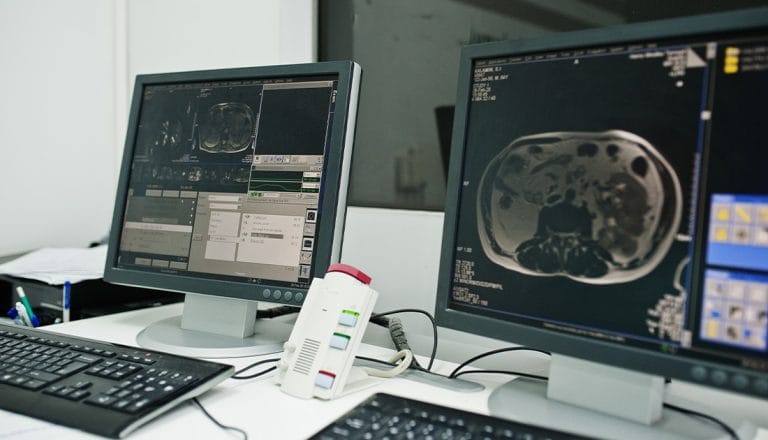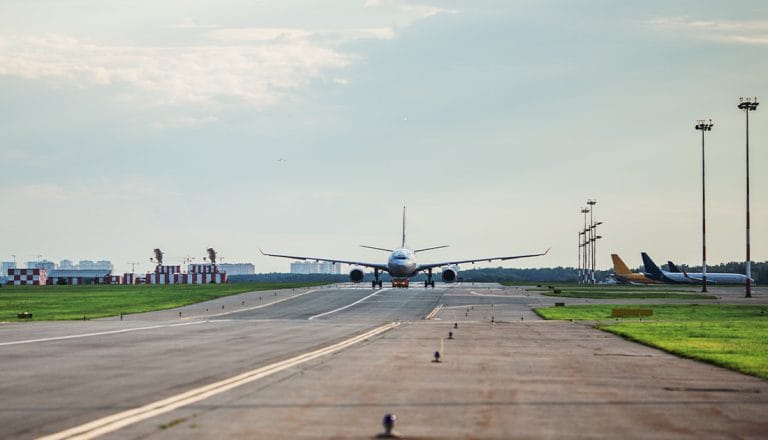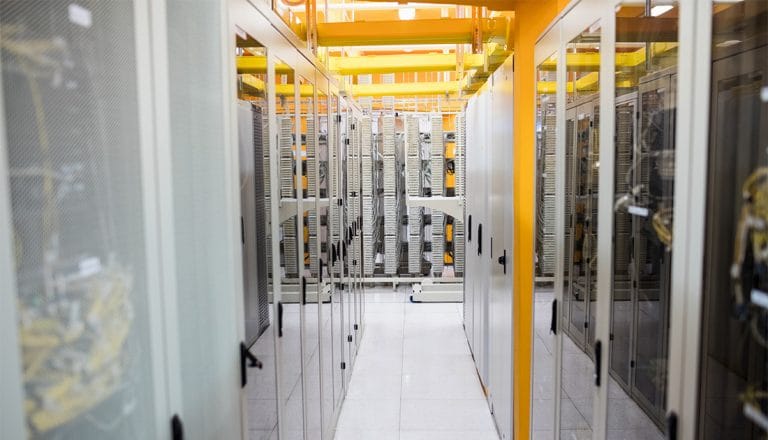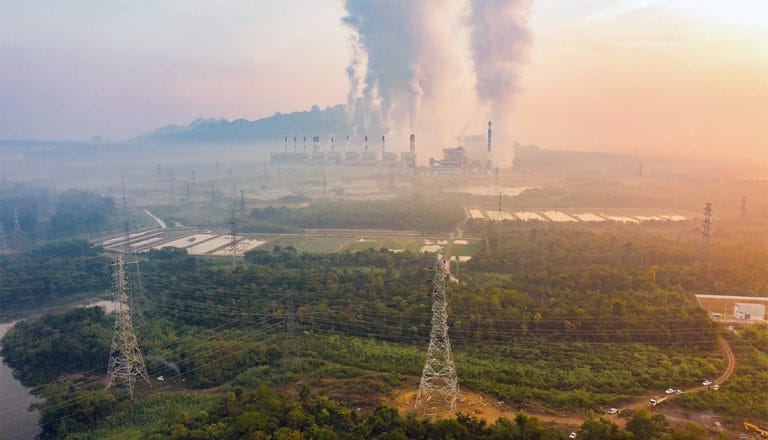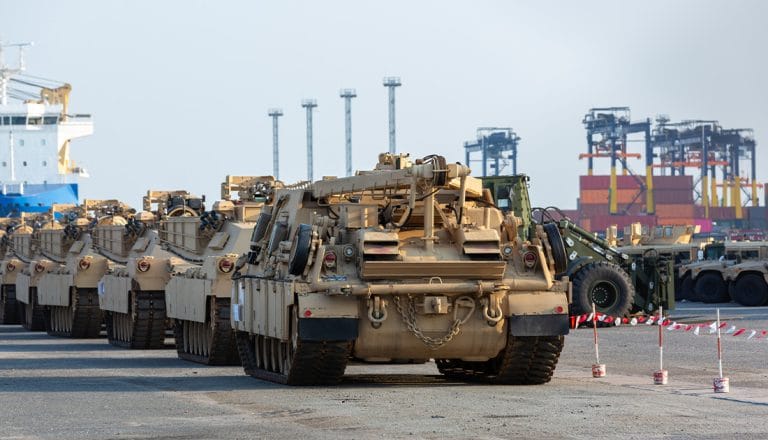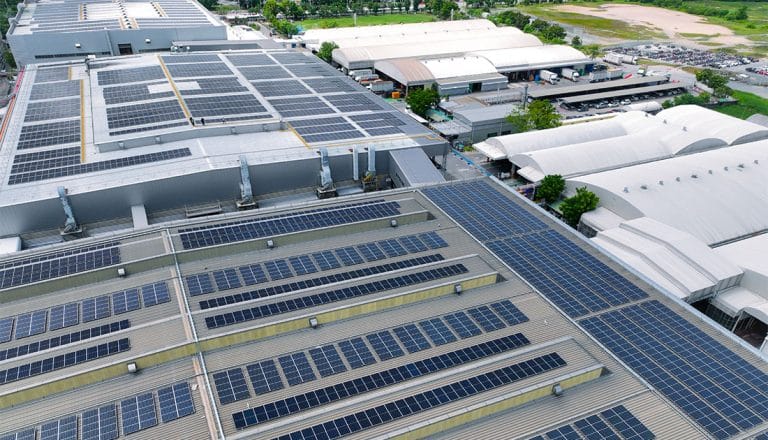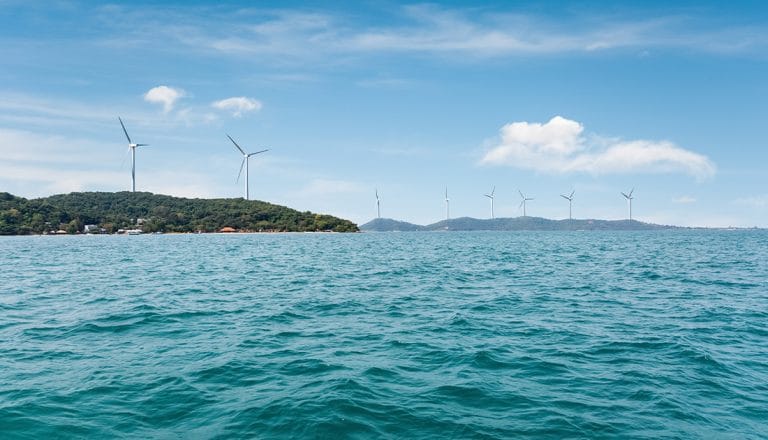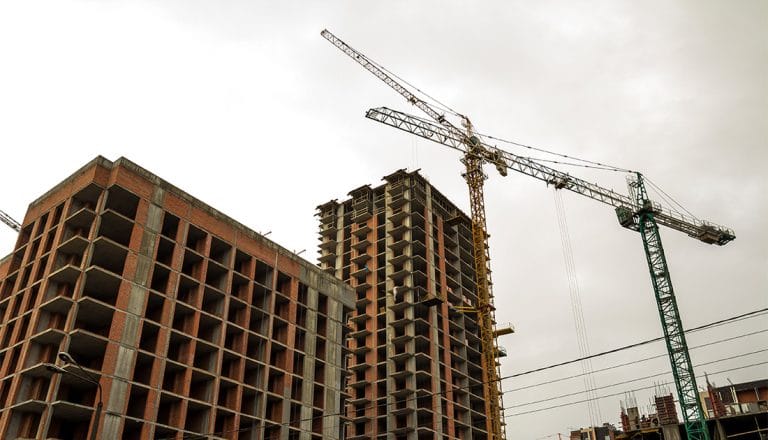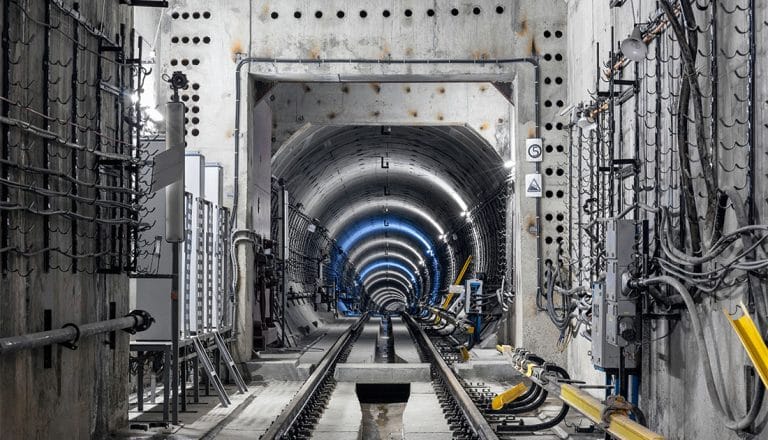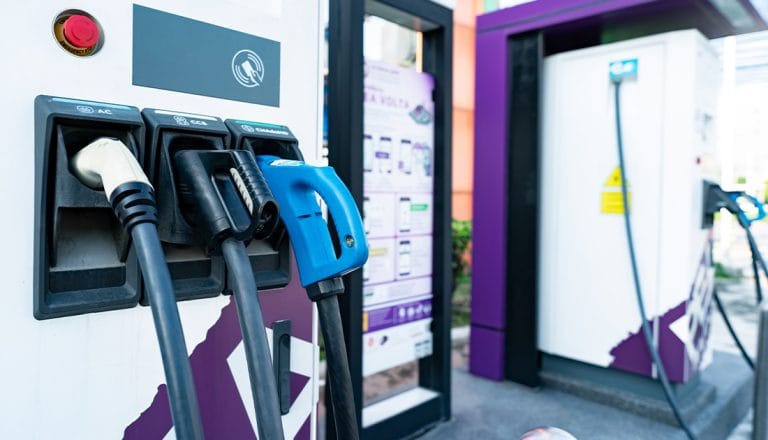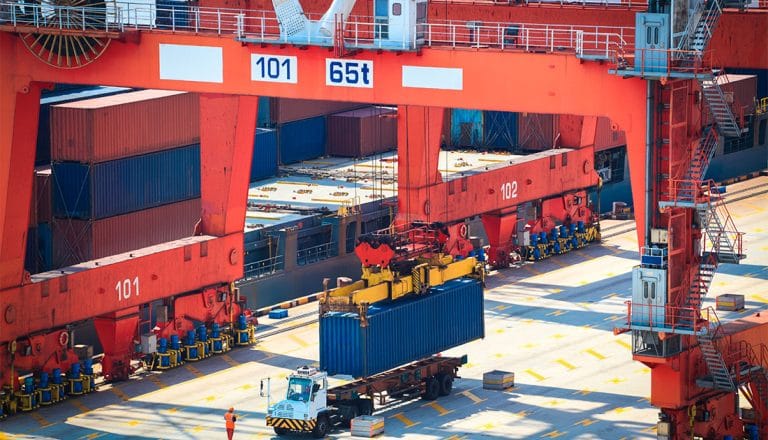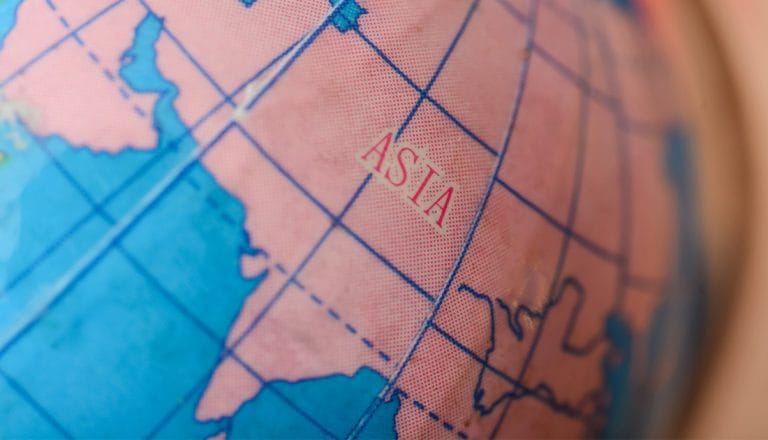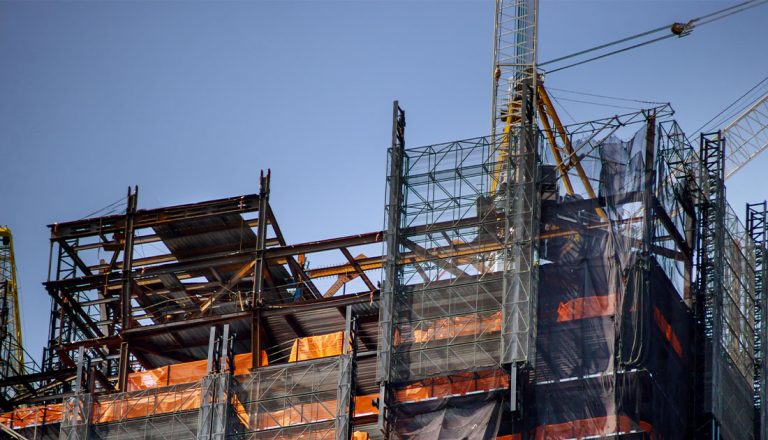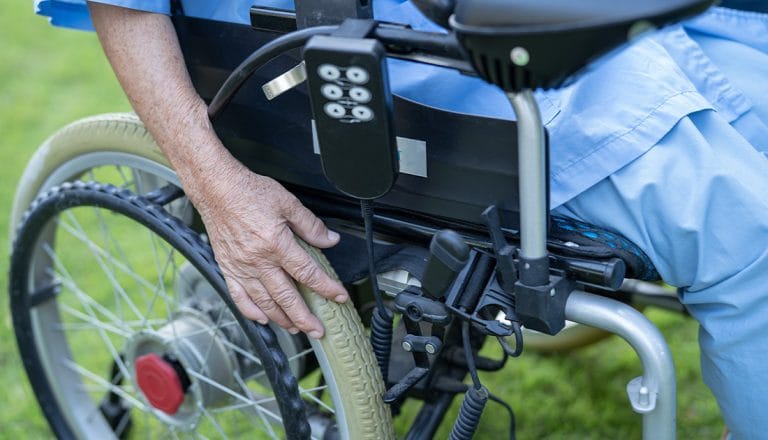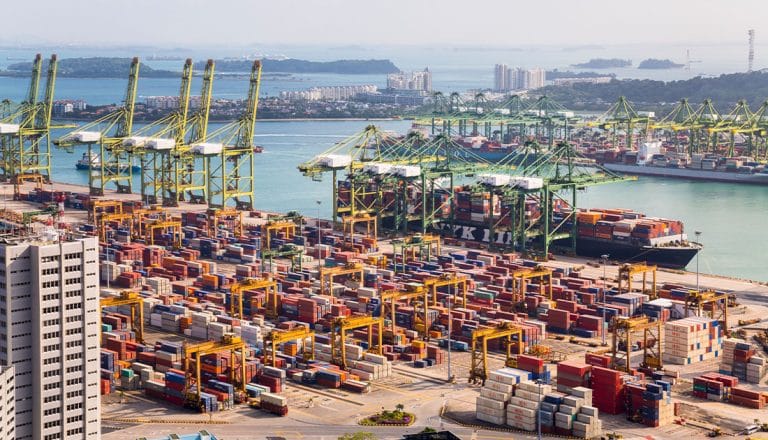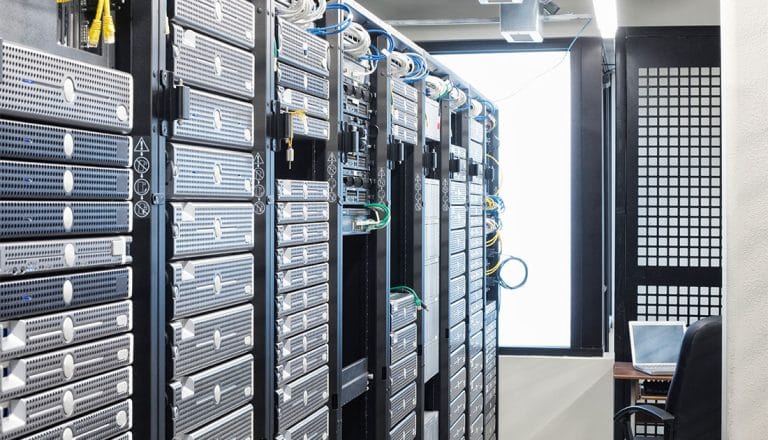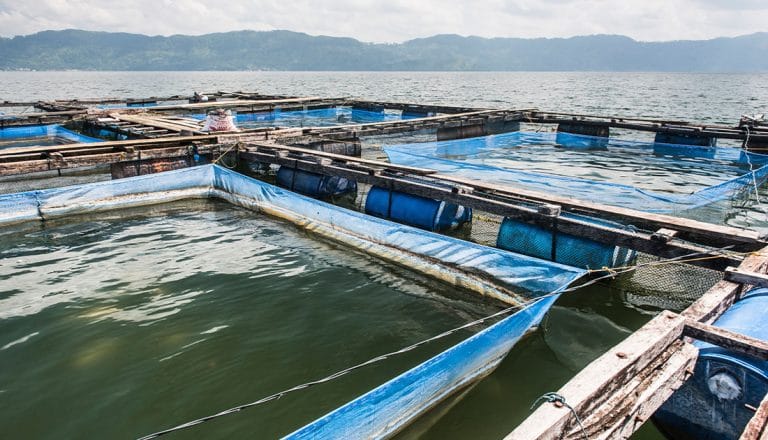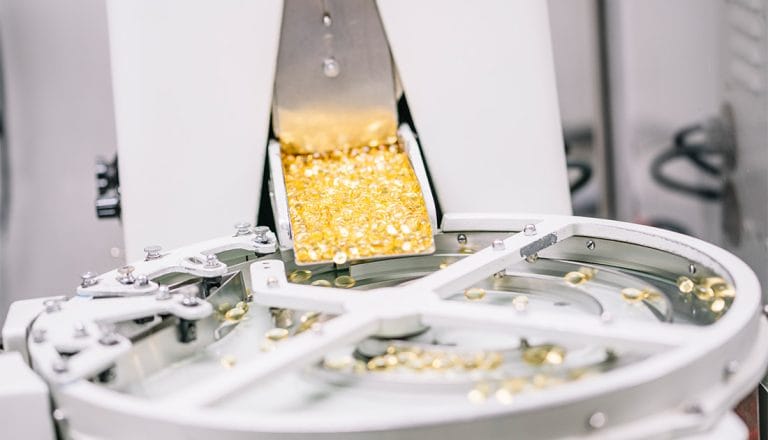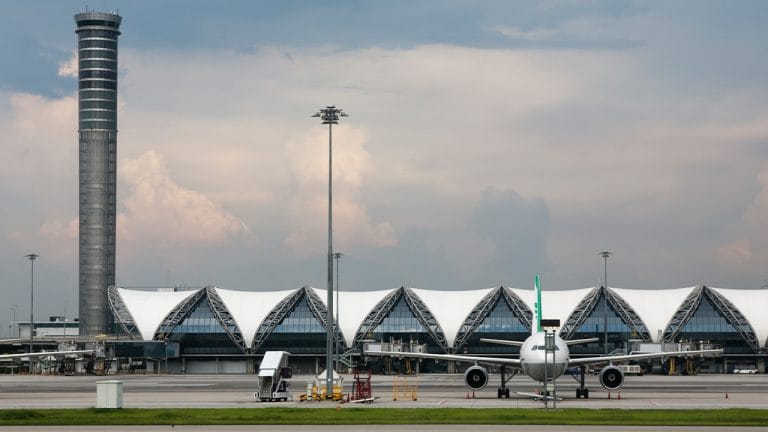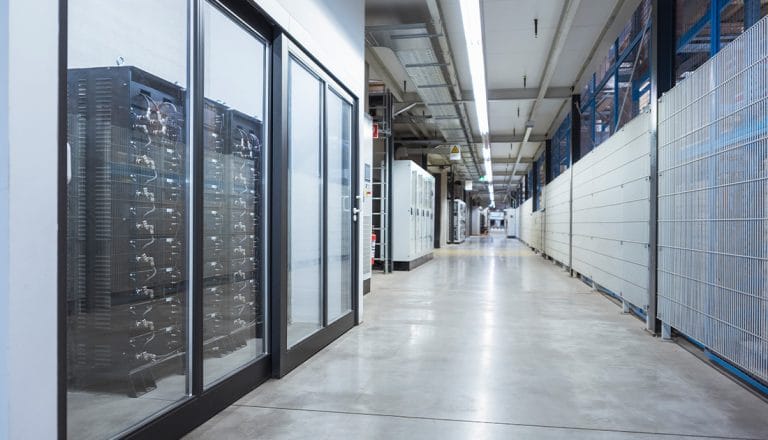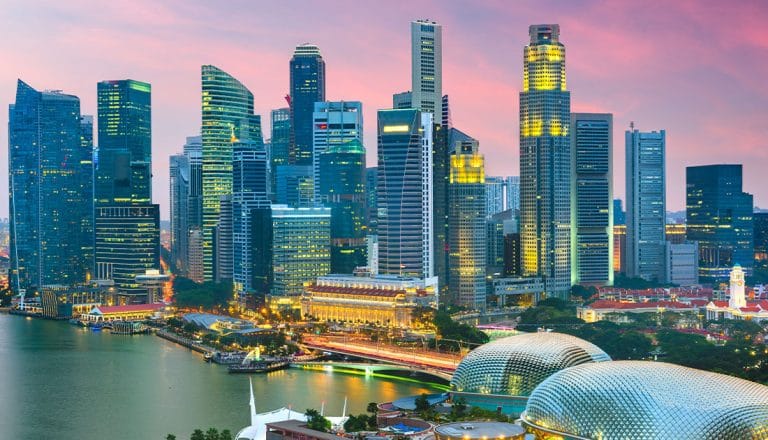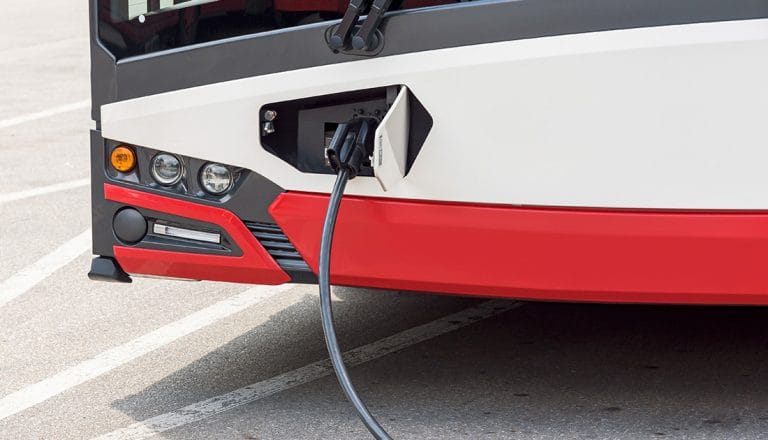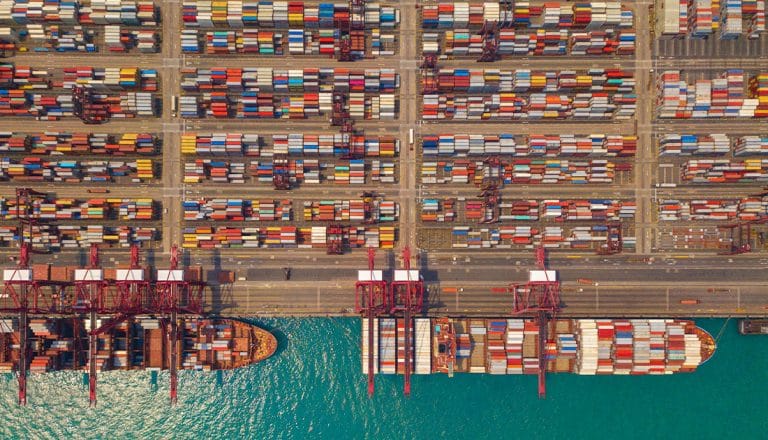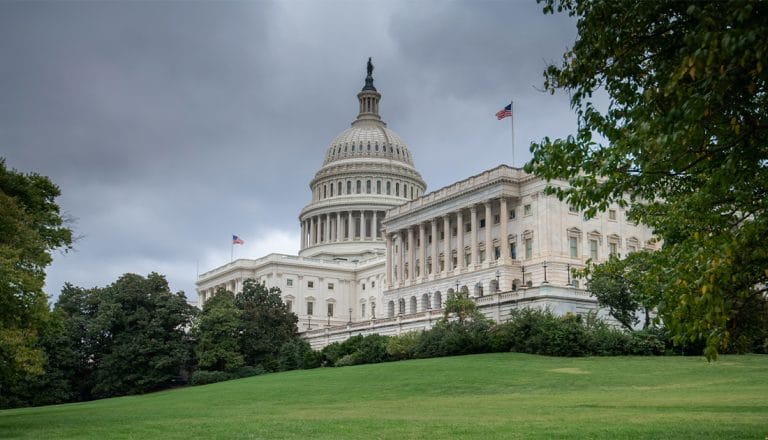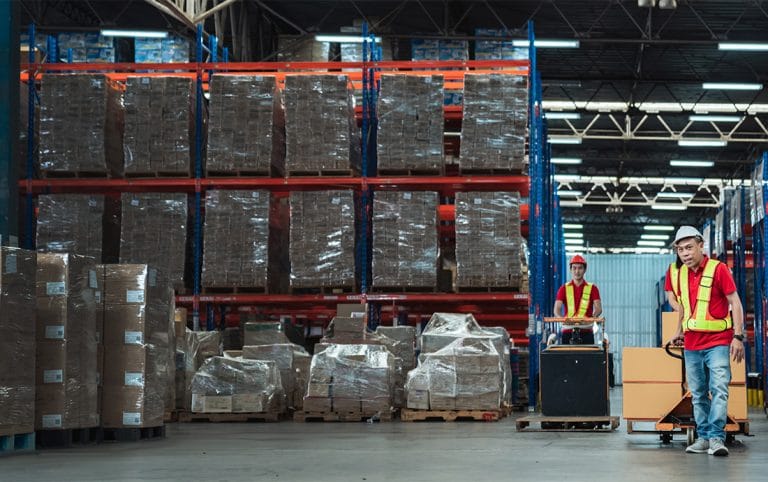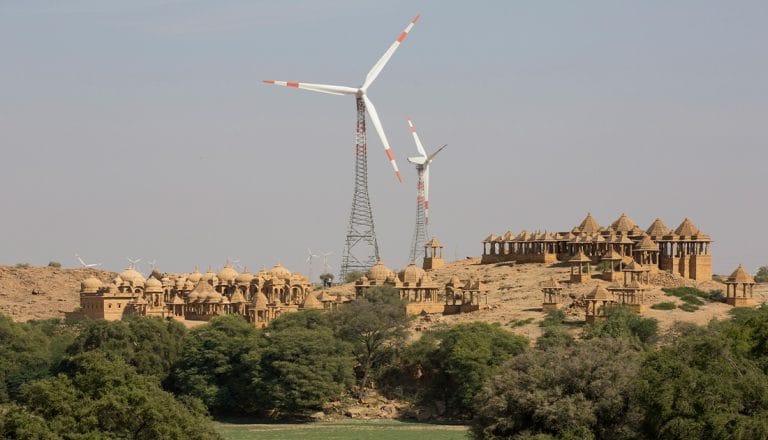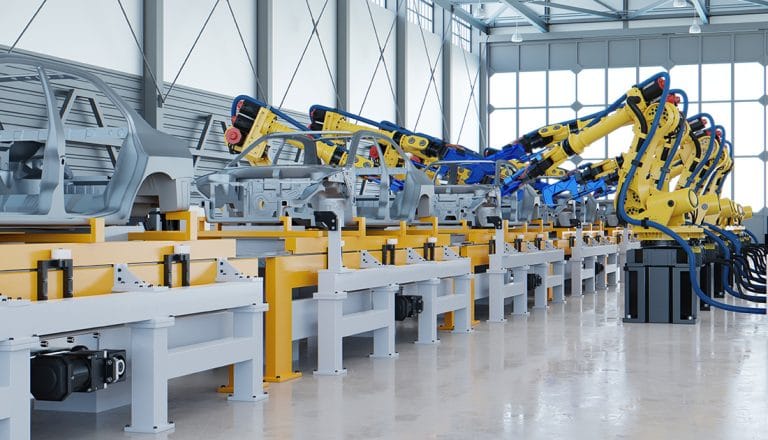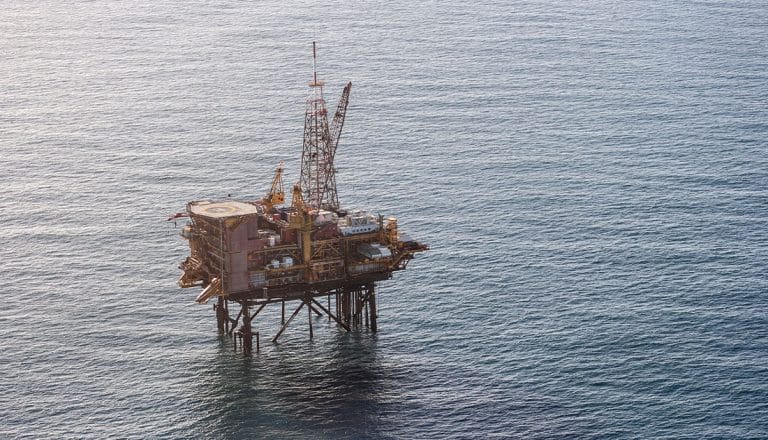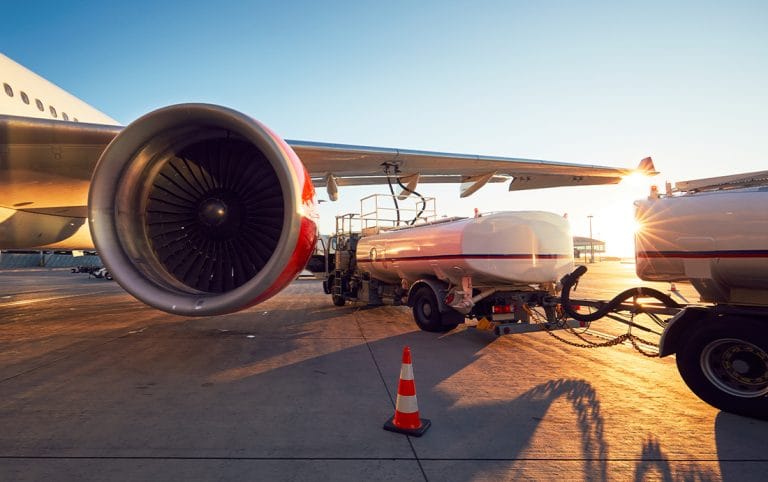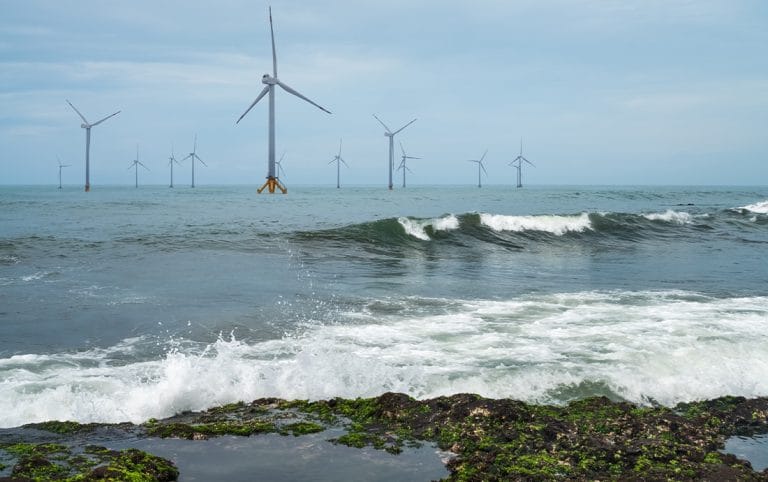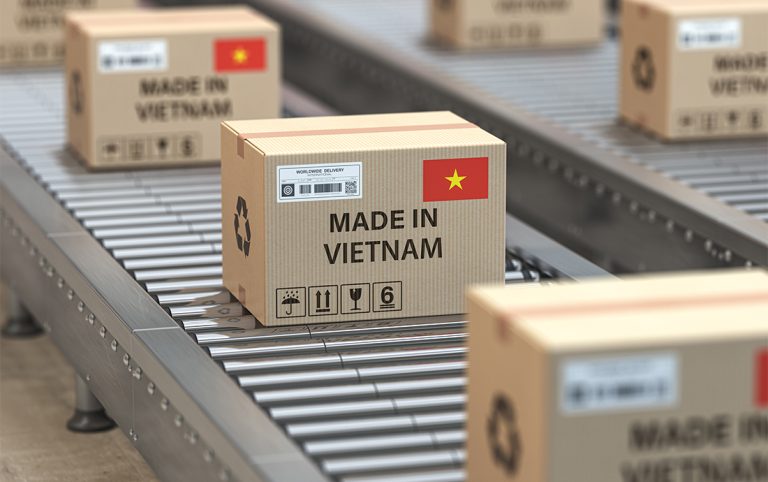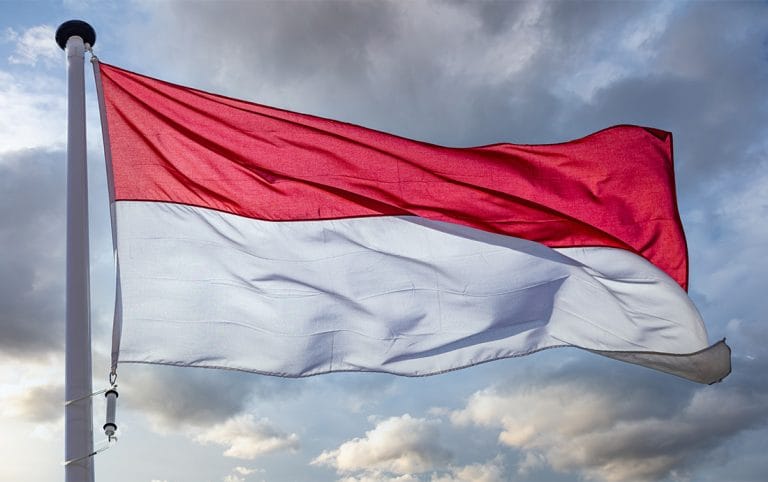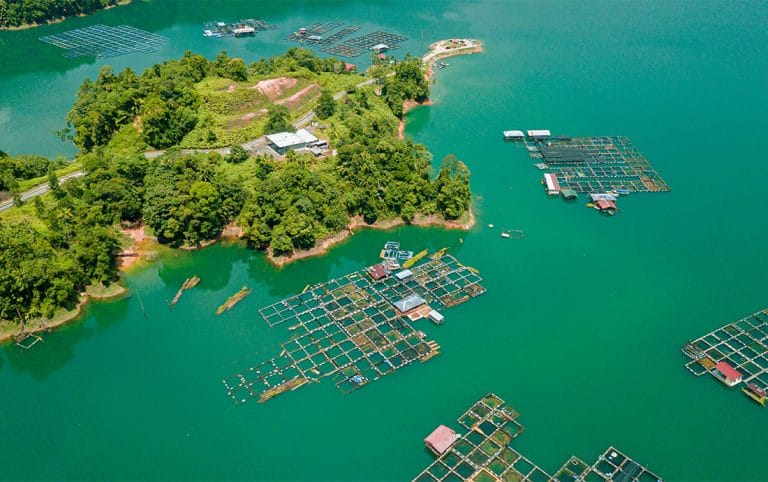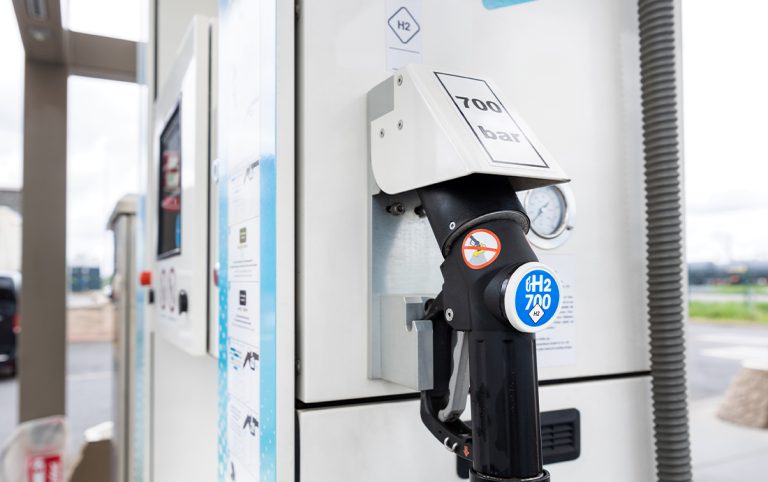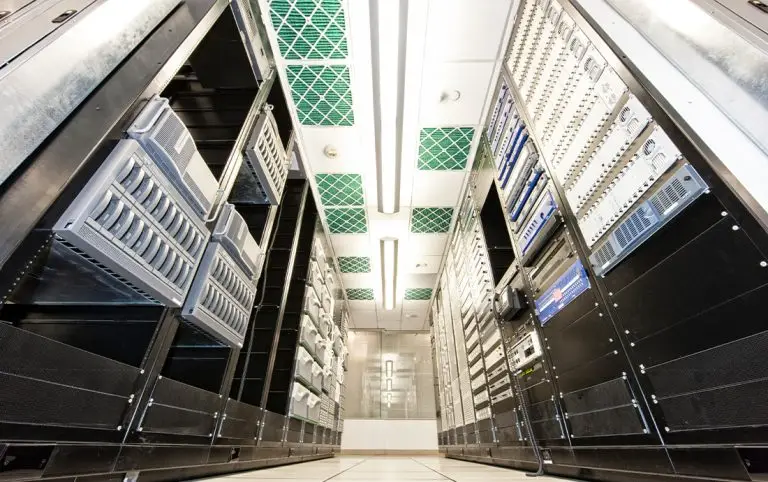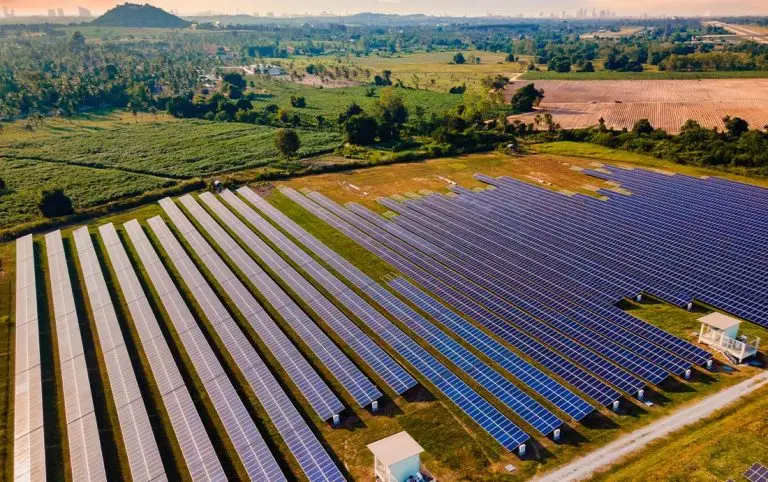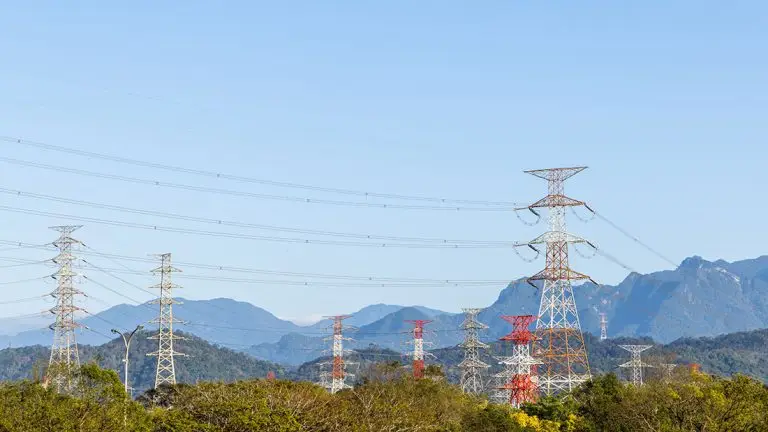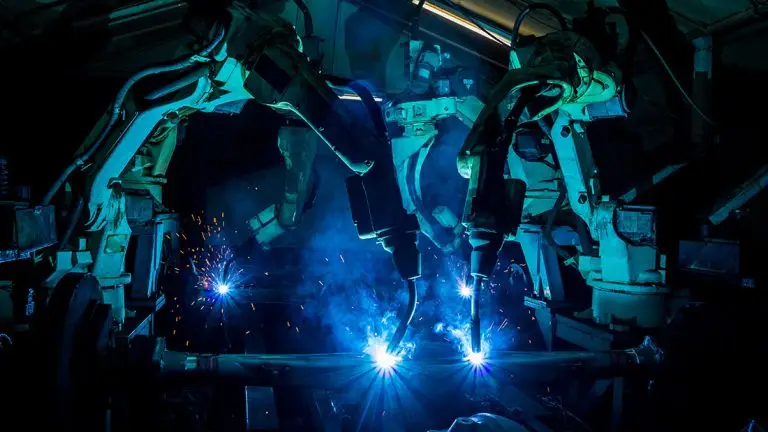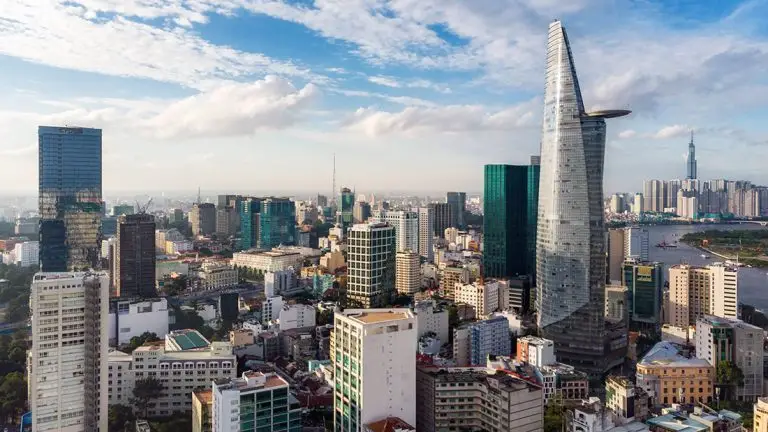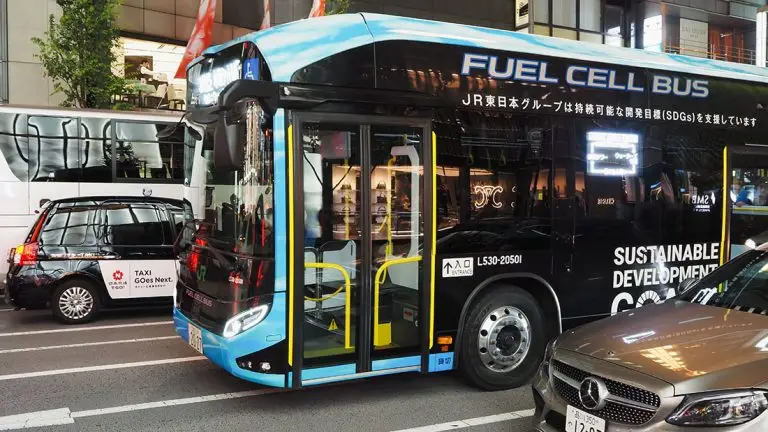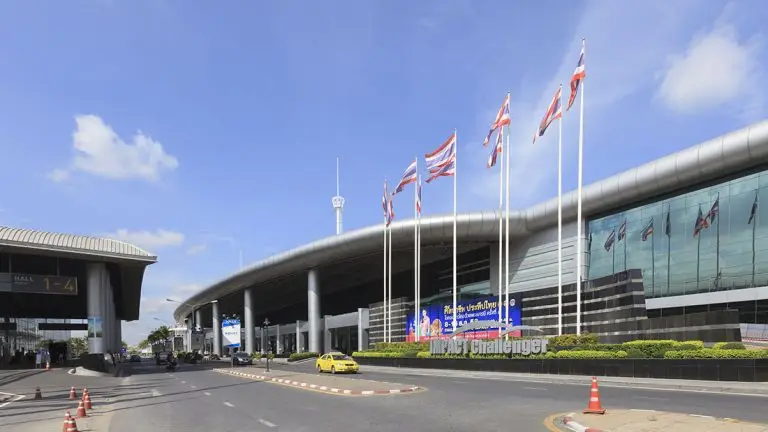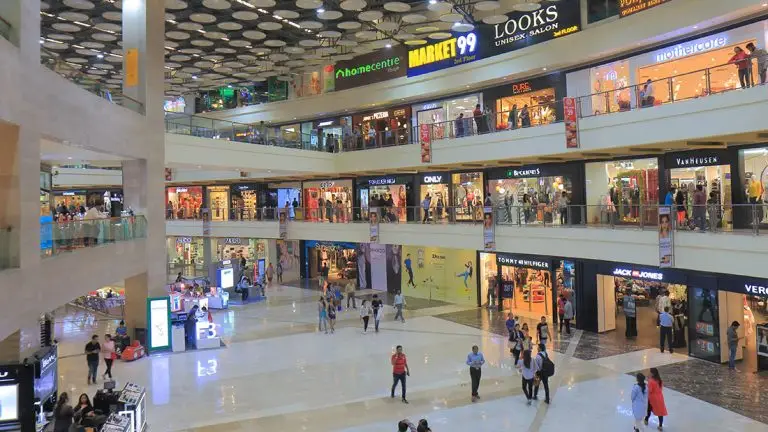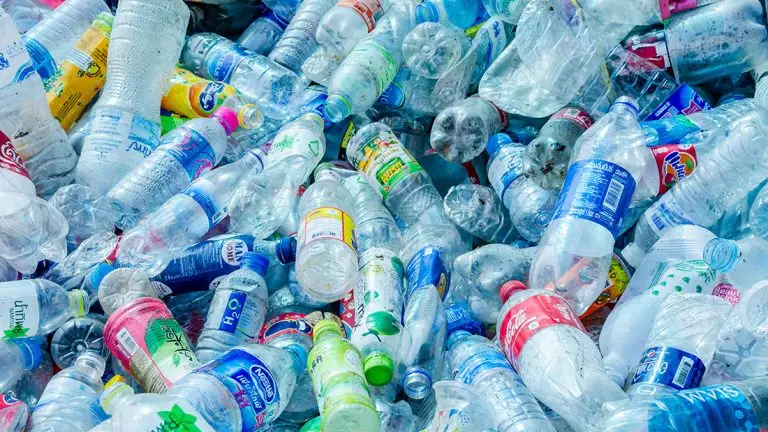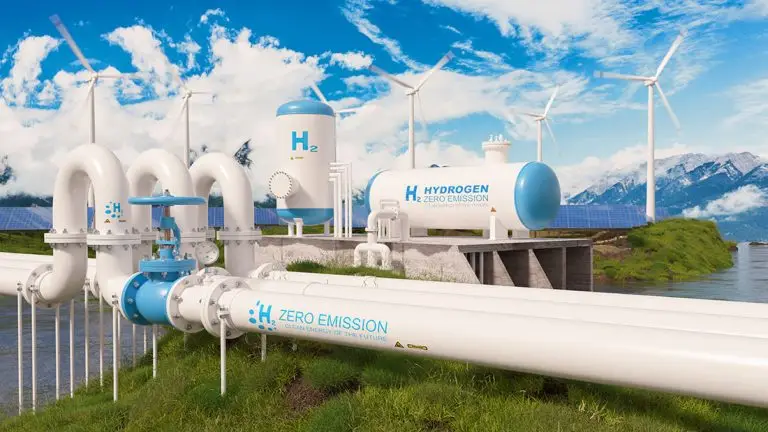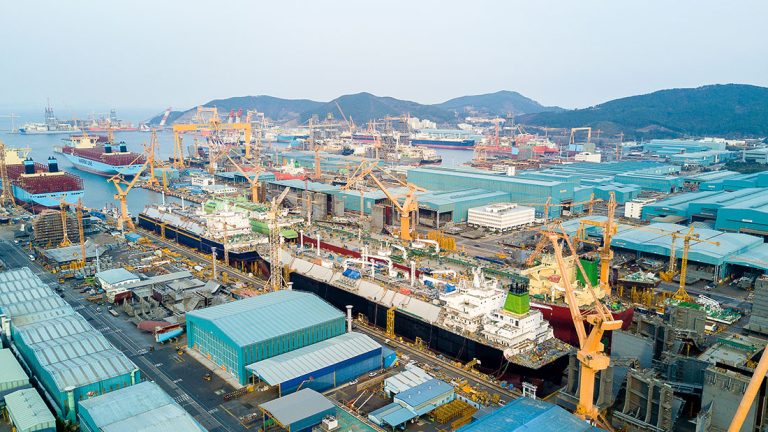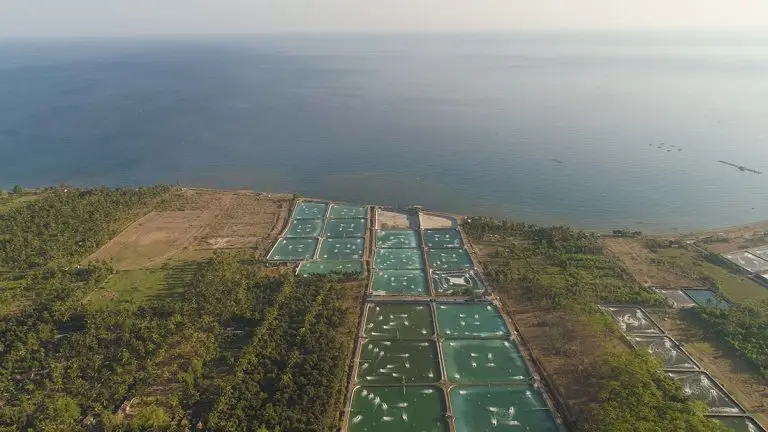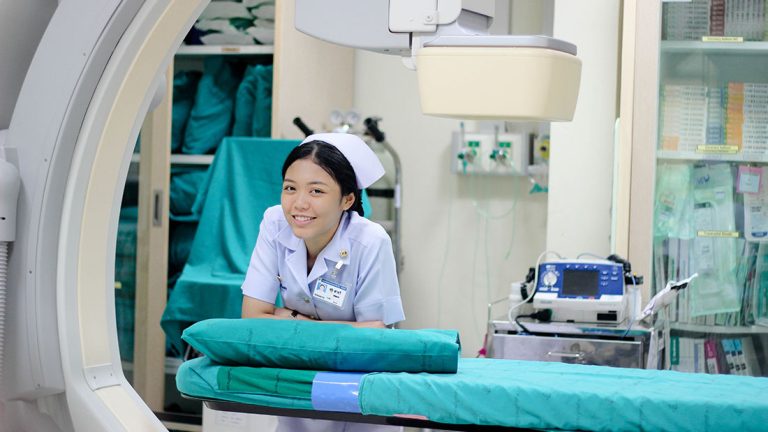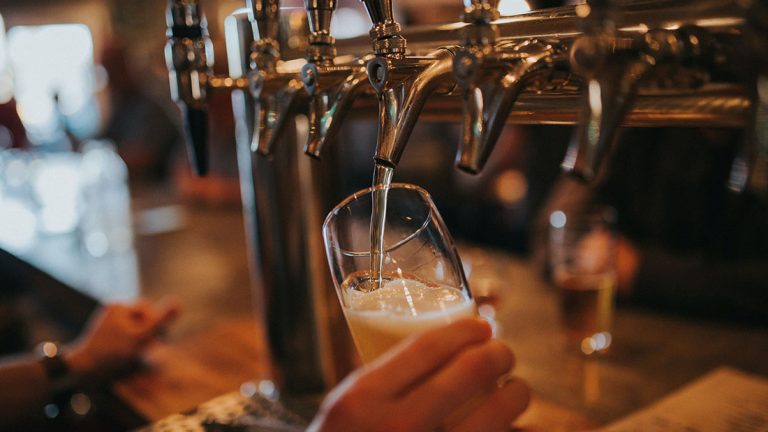- Starting in 2026, all flights departing Singapore will be required to use SAF with the amount increasing from 1% to as much as 5% by 2030
- The CAAS is rolling out plans to support the development of the SAF industry, including centralized procurement
- Singapore is home to one of the world’s largest SAF production centres, but is looking to build more facilities
All flights departing from Singapore will be required to use SAF starting next year. The country has made notable progress in preparation for this, but further investment is required to ensure adoption is successful over the long haul. There is more to the industry than decarbonisation goals. The government aims to develop SAF production into a multi-billion-dollar sector, creating opportunities for overseas firms with related tools and technologies. Asian Insiders Singapore Partner Alessandro Corbi discusses the current state of play and what the future may bring.
If Singapore is to achieve its stated goal of Net Zero aviation emissions by 2050, developing the sustainable aviation fuel (SAF) industry is crucial. The first steps will be realised in 2026 when all departing flights are required to use it.
The target starts at one percent of total fuel before gradually rising each year. The hope is to increase this to as much as five percent by 2030. According to estimates from the Singapore Aviation Authority, SAF is expected to account for as much as 65 percent of the aviation sector’s greenhouse gas emission reductions by 2050.
Reaching the target is easier said than done. The SAF industry, both domestically and globally, is in its infancy. Airlines have been hesitant to embrace alternatives due to volatile prices that can oftentimes be higher than traditional fuel. Singapore views the challenge as an opportunity.
The government believes mandating SAF will build demand which could help it attract investment in production capabilities. Transforming this into a billion-dollar industry would lead to the creation of jobs and serve as an economic boon.
Importantly, Singapore’s strategic location makes it a logical hub for regional SAF activities. As other countries in Asia look to decarbonise their respective aviation sectors to meet climate targets, investment today could yield dividends down the road.
How is Singapore supporting SAF?
Singapore has identified several areas that can support the development of the SAF industry in its Sustainable Air Hub Blueprint. First, the Civil Aviation Authority of Singapore (CAAS) is introducing a levy on air tickets to cover the purchase of SAF. This will offer some cost certainty to airlines and travellers who are impacted by the upcoming usage requirement.
Additionally, SAF procurement may be centralised to ensure purchasing is as cost-effective as possible. Further industry support may come through the use of a credit system that allows businesses involved with indirect value chain activities, including business travel and air freight, to reduce emissions.
This would further support the usage of SAF by airlines. A trial program involving credits was carried out by Singapore in 2022, and the results were mixed. Stakeholders are now exploring ways to increase awareness and make improvements to the system.
Locating opportunities
To achieve its SAF goals, Singapore requires multiple technologies, sustainable resources and expertise, some of which it does not currently possess. For instance, the country already boasts one of the world’s largest SAF production facilities. Yet, this could only meet less than 25 percent of Singapore Airlines Group’s (SIA) SAF demands.
Building up production capabilities remains a priority, especially those that best utilise pathways readily available in the region. Overseas firms positioned to assist should consider market entrance.
Recently, SIA inked a Memorandum of Understanding to potentially source SAF from Aether Fuels. The latter uses waste carbon feedstock to produce the fuel which is then mixed with regular jet fuel. The procurement arrangement is for five years and contains an option for an additional five years.
Elsewhere, efforts to scale infrastructure and the value chain are equally important. Reducing costs associated with SAF is critical to uptake. Storage, transportation and other opportunities are available.
Finally, skills building and workforce development related to SAF have also been identified by Singapore as a priority.
Not ready for takeoff?
Many within the aviation industry argue that governments must establish clear policies and ambitions related to SAF. Singapore is making progress in this area when compared to most other countries. However, this work will be of little value if it fails to address affordability.
Without a significant reduction of SAF costs, uncertainty will linger over its future. Air New Zealand significantly cut its 2030 SAF target due to concerns over cost. The CAAS levy can potentially defray some of the financial burden early on, but scale cannot happen without more innovation.
Singapore may also face competition. South Korea has rolled out tax breaks and other incentives for businesses investing in sustainable aviation fuel projects ahead of the country’s SAF usage mandate, which starts in 2027. India, Indonesia and Japan are also actively investing in the sector.
Final thoughts
The Singapore SAF industry shows signs of massive potential and has already achieved some notable wins. The government remains committed to increasing its usage and will explore ways to foster the sector’s growth.
However, Singapore requires assistance in building up the SAF production and infrastructure while bringing costs down. Movement is being made in terms of policies, but support in the form of technologies and expertise will be vital to scaling up efforts. International enterprises boasting these or other related experiences can find opportunities in Singapore across the value chain. Additionally, the country can serve as a platform for future Asian expansion.
The key is collaboration and partnerships. Entities considering market entry in Singapore must have an understanding of the marketplace, as well as established connections.
This is where working with a specialist, such as Asian Insiders, can be invaluable. We possess in-depth knowledge of the Singaporean and greater Asian SAF market, as well as established relationships with key stakeholders. Our in-country experts can guide you through the entire process and facilitate the necessary introductions for success.
To assess your readiness to enter the market, schedule a no-obligation call with Jari Hietala, Managing Partner: jari.Hietala (at)asianinsiders.com or Asian Insiders Partner Allesandro Corbi alessandro.corbi(at)asianinsiders.com

